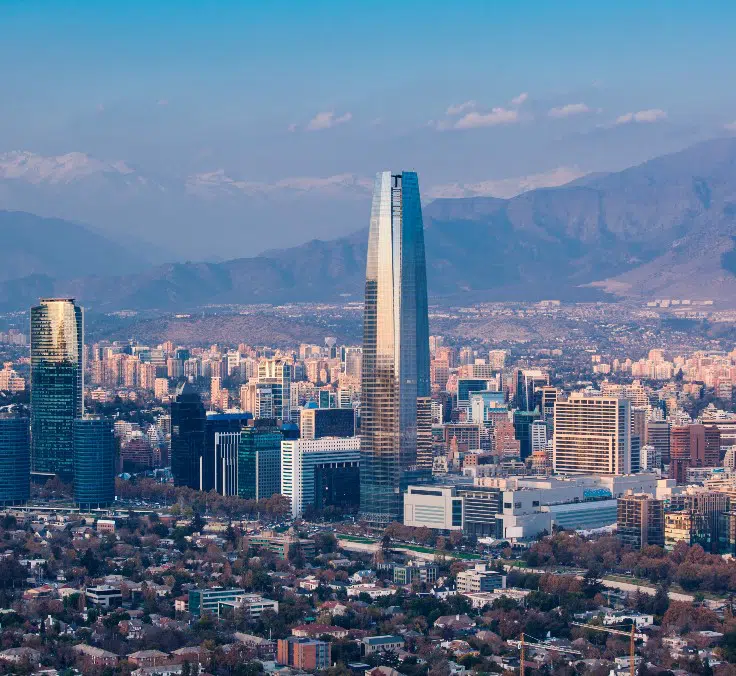ECONOMY | 07.23.2025
Why Strengthening Institutions in Latin America Matters
Latin America has been underperforming economically for years, especially when compared to fast-growing Asian economies. In fact, the region is expected to grow by just around 2% over the next two years, making it the slowest-growing emerging region in the world. This comes amid a backdrop of stagnation, geopolitical uncertainty, and public insecurity. The key to turning this situation around could lie in strengthening institutions.
That’s the view shared by Manuel Aguilera, General Manager of MAPFRE Economics, at the 10th Multilatinas Business Forum held recently in Santander. “Latin America is a region with enormous potential, but that potential isn’t being realized,” said Aguilera, who highlighted something economic models often take for granted: security. “We need to rebuild public safety,” he emphasized. “Drug trafficking, human trafficking, and extortion are creating an environment of widespread crime and insecurity.”
Aguilera sees this violence as the result of ongoing inequality—inequality that, he says, “has become intolerable”. “There used to be hope that inequality would decrease. But after the debt crisis of the late 1970s and early 1980s, these countries were economically devastated. One major consequence was the breakdown of their institutions,” he explained. “What’s really missing in the region are the rules, laws, customs, and organizations that make peaceful social life possible—an essential condition for economic activity to thrive.”
For Aguilera, it’s precisely this institutional weakness that is holding Latin America back economically. He also believes that it’s hard to find internal forces strong enough to rebuild institutions from within. Instead, he sees economic agreements as a potential catalyst for change.
One such agreement currently awaiting ratification is the EU-Mercosur deal. This agreement—between the European Union and Argentina, Brazil, Uruguay, and Paraguay—aims to boost trade, encourage cooperation, and strengthen political ties between the regions. However, resistance from countries like France and Austria has stalled progress. Still, Europe has a chance to become a key partner for Latin America. Finalizing this agreement would not only strengthen trade links, but also send a strong message in support of global cooperation and integration.
The Multilatinas Business Forum, now in its tenth year, offers a broad look at the current state of economic and social relations between Latin America and the EU, with a focus on the vital role Latin American multinational companies play in that relationship.
RELATED ARTICLES:




